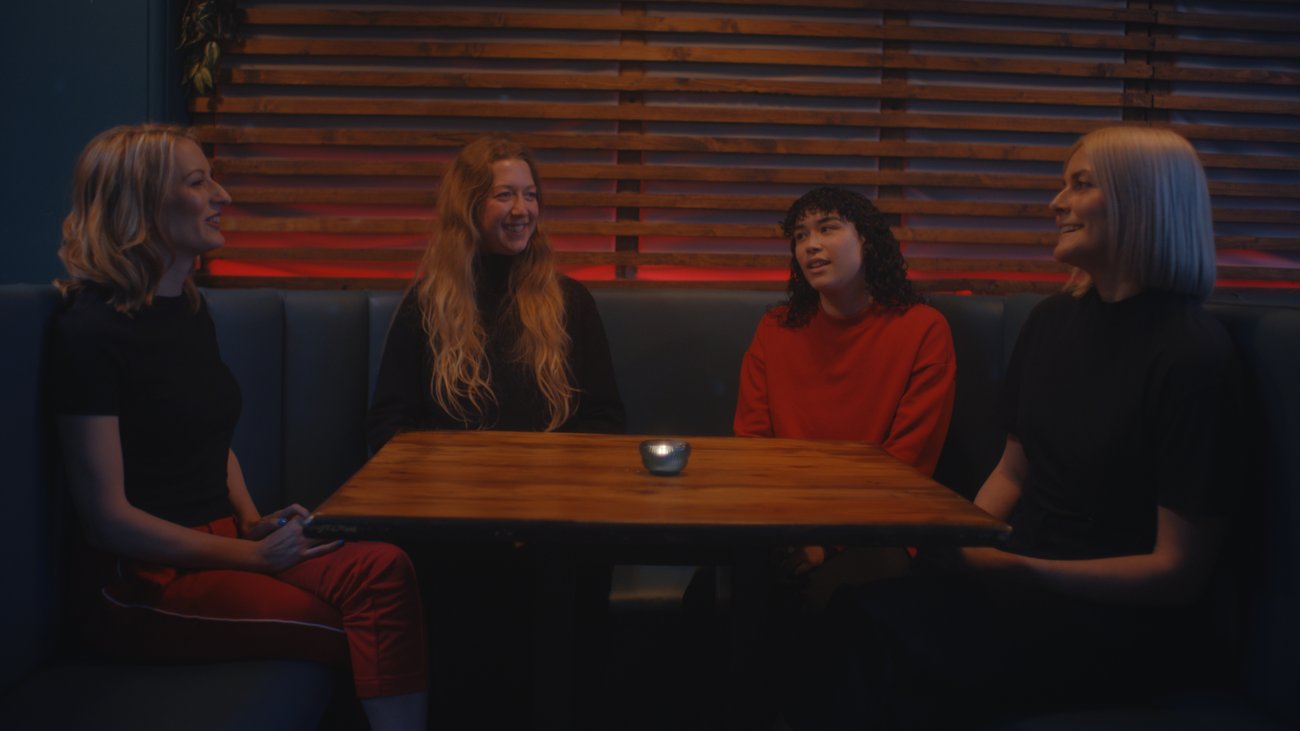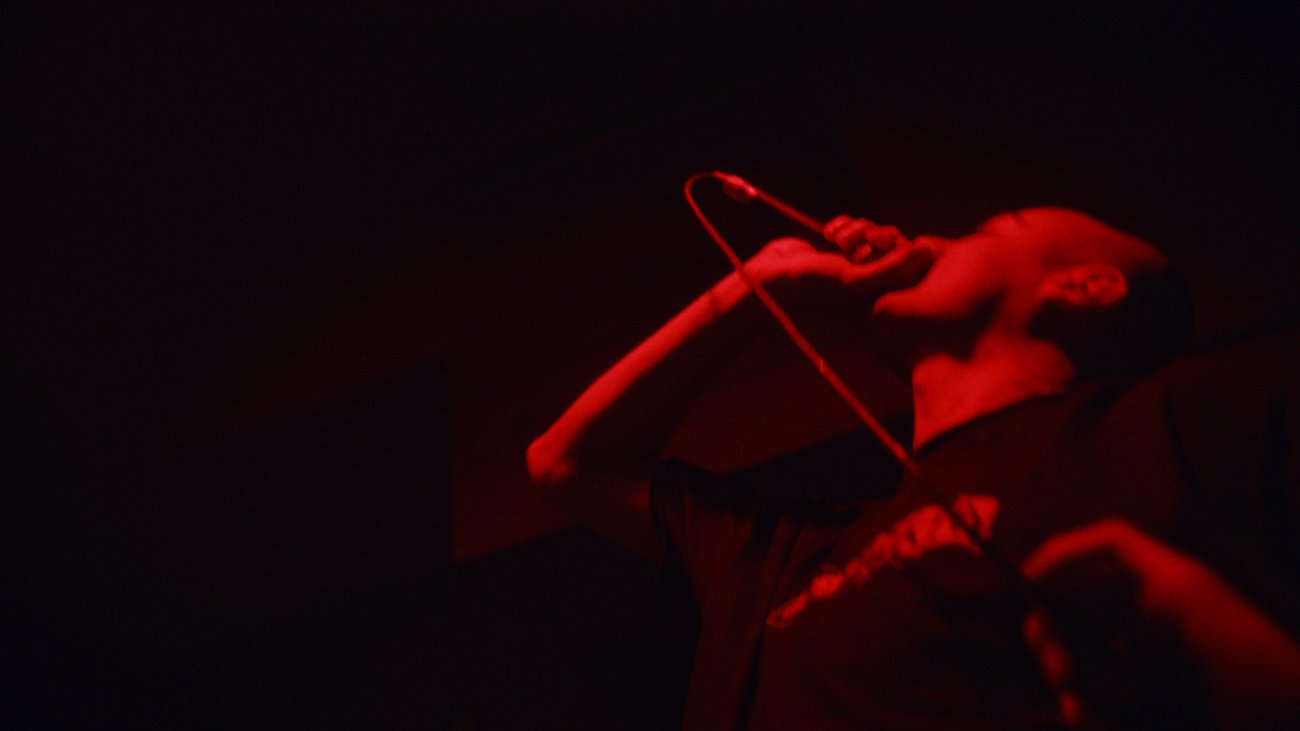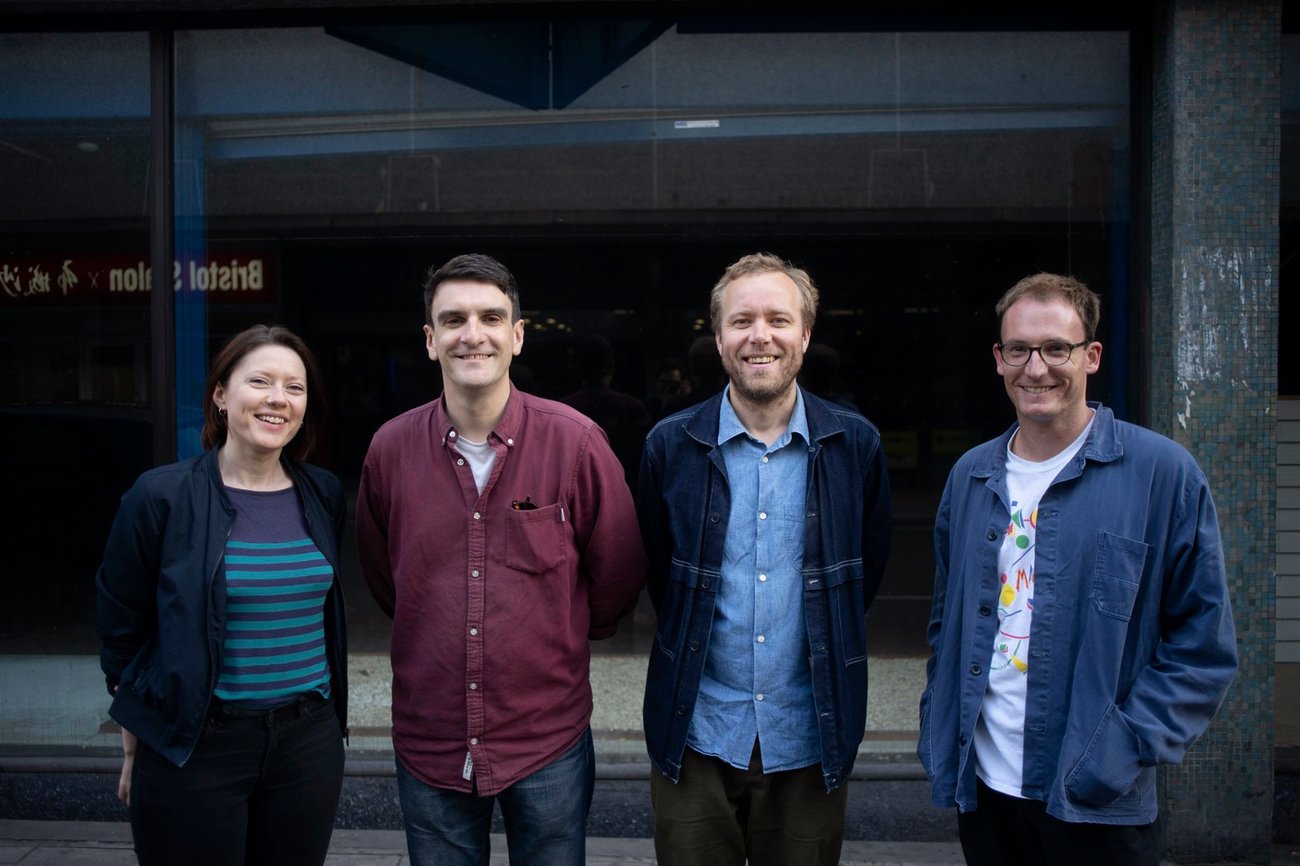Closing Ranks: Bristol clubs and community resistance
To coincide with the release of our new doc, Keep Bristol Weird, we talk to the city's underground music community about the challenges they face finding spaces to create, perform and dance in.
From the outside looking in, you’d imagine Bristol is a hotbed of nightlife incubating a highly productive tangle of scenes and artists. Plenty of people have made the pilgrimage to Bristol in search of those fabled dubplate sessions with Pinch and Peverelist, or witness the Young Echo collective weaving their way through their idiosyncratic smorgasbord of sound.
The city’s musical legacy is a magnet for anyone seduced by Bristol’s storied soundsystem culture, and the post-punk, trip-hop, jungle and dubstep that followed. But the view on the ground isn’t always as straightforward as an online mix or opportune gig report might suggest.
Despite its modest size, Bristol certainly has an active club culture. As well as bigger venues like Motion, there’s a dedicated underground network of promoters working hard to give people places to dance. But the Bristol scene also faces constant challenges from the encroachment of property development and other administrative pressures.

“It’s so hard to find a good club where you want to put a party on,” laments Daisy Moon, booking agent, promoter for the Housework night and a core member of female-focused DJ workshop Mix Nights. “We used to do stuff at The Motorcycle Showrooms, which was a bit more of a warehouse-y type vibe, artist-run space which was really cool.” The Motorcycle Showrooms closed down and became a vintage shop in 2012, but it’s telling that people still look back fondly on the venue. Moon’s comments are echoed across Bristol’s club scene, where venues come and go in the blink of an eye.
Caught between the cultural cachet it likes to trade on and the steady creep of capital investment and gentrification, you can see big changes taking place in Bristol. From Colston Hall’s £48.8 million renovation works (that hopefully include a long called-for name change) to the ever-changing fate of an arena in the city, money is being poured into flagship projects for the city’s arts profile. Look past these grandiose vanity projects to where the underground scene thrives, the situation is more fraught.
The Carriageworks building and the site of the Blue Mountain club, both on Stokes Croft, will soon house an array of flats on one of the busiest streets for bars and small scale clubs in the city. As well as The Love Inn and Take Five Café, long-standing venue The Crofter’s Rights (formerly ace punk and dubstep spot The Croft) may soon face challenges about sound levels from disgruntled new residents.
"A full room of people having it, watching Prostitutes play banging techno at 10:30pm on a Wednesday evening."
It’s a simple equation. The progressive, underground culture that makes a city like Bristol attractive and exciting needs spaces to incubate, experiment and test limits. Even without noise complaints, The Crofter’s Rights already hit a stumbling block when a local MP recently tweeted about nudity during a performance from local industrial noise outfit Bad Tracking. The venue responded with a surprisingly admonishing tone that left a sour taste in a scene that prizes creative freedom.
![]()
The reaction was clearly founded in licensing paranoia, but it was a timely incident given Bad Tracking’s part in the recent formation of Avon Terror Corps, a confrontational art collective.
“Avon Terror Corps was a reaction to the disappointment of a lot of venues closing in Bristol,” says Max Kelan (pictured above) and the nude Bad Tracking performer in question. “We’re a 20-strong collective who came together to push sound the way we felt comfortable doing it. We’re all pissed off young people.”
The formation of Avon Terror Corps came out of the ashes of The Brunswick Club and The Surrey Vaults, two spaces that incubated a genuinely underground scene. The former was an old working men’s club in St Pauls, commandeered in 2017 by a mixture of arts collectives with a commitment to “the Bristolian tradition of grassroots activism, alternative ideas and ways of being.” A Grade II-listed townhouse, The Brunswick Club fell to the hands of developers after a spirited fight to keep the space for Bristol’s artistic community. Despite an appeal, the building will now be turned into offices.
Just round the corner, The Surrey Vaults emerged almost as if by accident out of an ever-changing pub formerly known as The Cider House. From the vintage skate videos on loop in the bar to the raucous gigs hosted by Slack Alice upstairs, the small, grubby boozer became integral to the counterculture misfits who needed somewhere to collide and create. Following noise complaints from newly established flats opposite, The Surrey Vaults was forced to close in 2017. It’s now a café.
“The events I attended there had a real sense of an expressive creative community,” local DJ Anina Yates says of The Surrey Vaults. “I dropped in to the last Slack Alice party there on my way home and walked into a full room of people having it out, watching Prostitutes play banging techno at 10:30pm on a Wednesday evening.”
Of course, cities are transient. There would have been people who lamented the closure of legendary spots like The Dug Out Club (the stomping ground of The Wild Bunch) or Level on Park Row. The Bamboo Club in St Pauls was a pioneering venue for Bristol’s black community and social integration in the ‘70s until it burned down. There are many other iconic venues such as Lakota, Thekla and The Trinity Centre either confirmed to close or facing challenges. But this changeable climate and the limited options in Bristol also feed into the music culture.

“Over the time I’ve been in Bristol spaces have come and gone and there’s always been a DIY network,” says Hamish Trevis, aka Kinlaw and core Avon Terror Corps member. “I’m not afraid in the future there won’t be more spots we can take on, more events and more venues we can use. I’m optimistic in the sense it’s always existed in this fluid motion.”
"We’d like a space where we can create this same atmosphere but with more permanency."
The most positive sight on the horizon for Bristol’s underground culture is Strange Brew. After successfully battling through licensing red tape, the team behind the prospective venue successfully reached out to the Bristol arts community and beyond to crowd-fund renovation works. The aims for the venue are clear – to provide a flexible space for all kinds of arts, with a community attitude and a fiercely independent ethic. With a spacious bar area for live performances and exhibitions, and a warehouse-esque club space at the back, Strange Brew promises to be the inclusive, free-spirited space Bristol desperately needs. Best of all, there are no flats or proposed developments in the vicinity.
“The venues we’ve used in the past are exciting because they’re precarious and temporary,” admits Strange Brew’s Kerry Patterson. “But it’s also felt like we’re on thin ice. We’d like a space where we can create this same atmosphere but with more permanency.”
Patterson and the rest of the Strange Brew team forged their reputation on Dirtytalk, parties thrown in some inventive locations that prefigured the now- popular Bristol trend of parties in swingers clubs for a lack of other suitable spaces.

“One thing we’ve always been a bit guilty for in Dirtytalk is bringing European DJs and American DJs to Bristol that might not otherwise be here,” says Strange Brew’s Leigh Dennis. “We’ve also felt like we haven’t done everything we could do to support local artists, and we’re really excited about working with some of the labels and crews in the city.”
There are other stories that bring a sense of optimism to Bristol too. Leading punk and alternative rock spot The Exchange successfully became a community-owned venue, helping secure its future in the long term. Even as the deep pockets of investors and developers carve their path of choice through urban spaces, it strengthens the resolve of the creative communities in Bristol and elsewhere to double down and think around the obstacles to ensure the culture can prevail.
Written by Oli Warwick